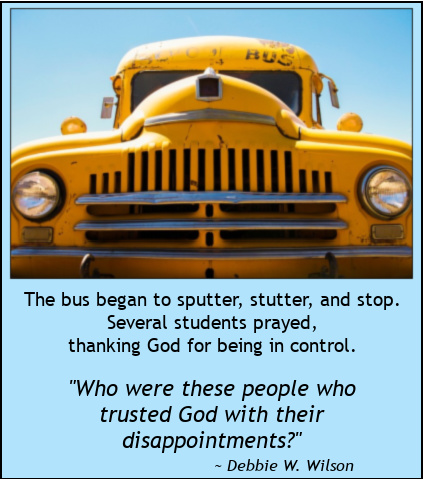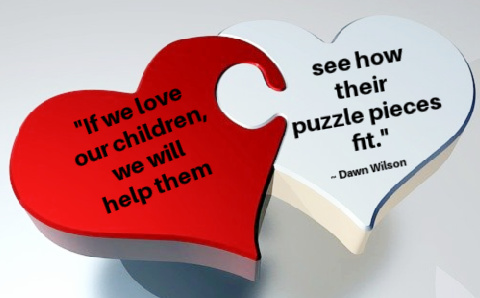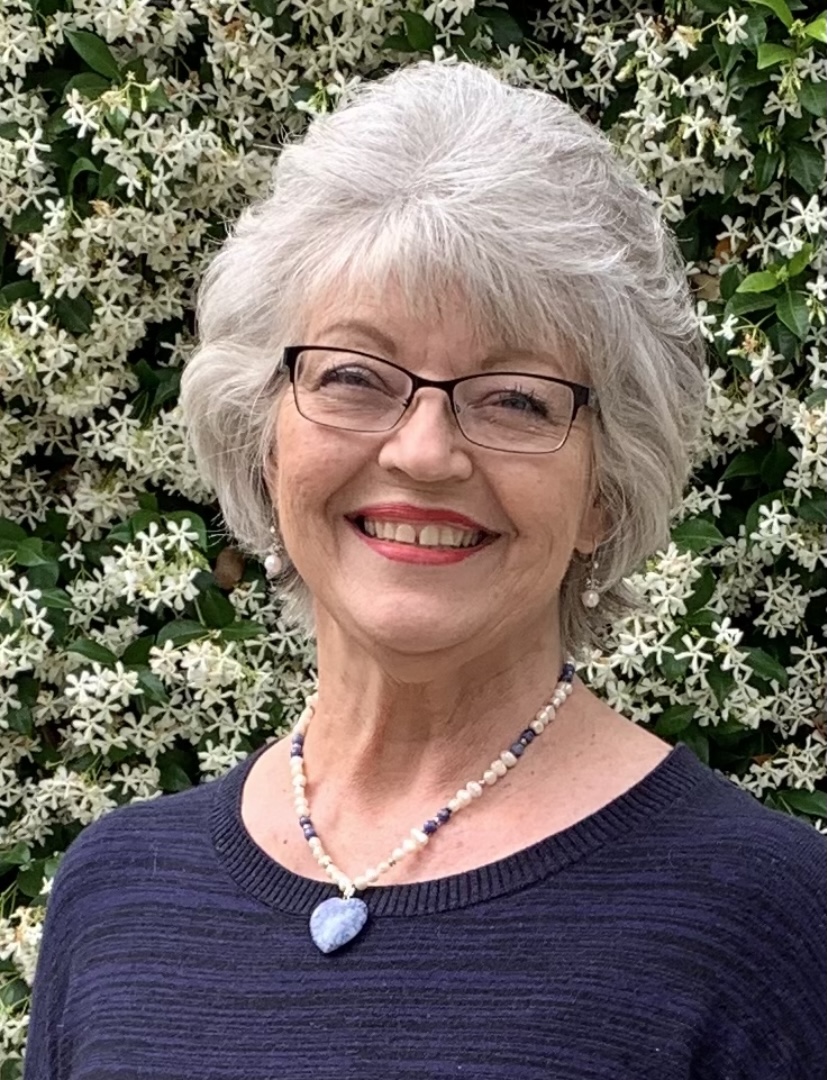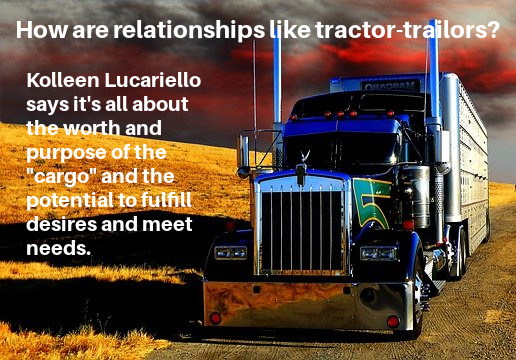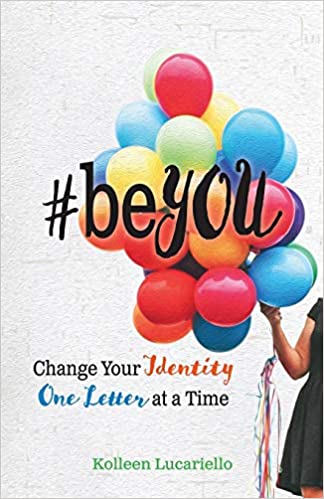Preparing for the Holidays
Kathy Carlton Willis is a mentoring master, helping people achieve their goals through a practical, biblical focus, and challenging them to embrace good choices for their wellbeing. In this Christmas UPGRAGE, she offers helpful strategies for health and weight control.
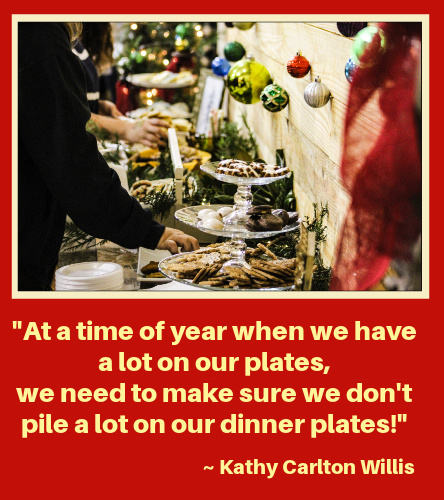
“I love the holidays," Kathy says, "and unfortunately, I inherited the food-as-a-love-language gene from both sides of my family."
Hmmm. I (Dawn) think we must be related, because I have that gene too. But Kathy doesn't stop at acknowledging a problem; she's determined to offer creative solutions!
Kathy continues . . .
While others are gaining the holiday five to ten pounds, my goal is to hold my own.
In Kathy-math, that’s like losing during other times of the year. That way, when I dive into “getting back on track” on January 2, I don’t have that extra holiday weight to lose as others do.
See? It’s a win! I’ll be ahead of the game.
What is YOUR holiday strategy?
I’m finding a variety of methods to enjoy the holidays without setting back my health and weight-loss progress. Sometimes, implementing what I know goes better than at other times!
Accountability helps. And keeping close touch of my WHY.
Let’s savor the flavors for our holiday meal, but not for weeks on end. Be mindful to eat well when we’re celebrating, but eat for being well the other meals.
One of my holiday meal plans is to allow myself to eat what we don’t commonly have throughout the year.
- I can forego the mashed potatoes on my plate, knowing I can have them next time we have roast or meatloaf.
- We seldom have homemade yeast rolls, so it’s worth not eating other carbs to enjoy those fluffy orbs of goodness.
- When it comes to dessert I choose the pumpkin pie option and don’t eat the pie crust.
Here Are Some More Tips
1. If you’re going to a buffet or potluck, look over the whole food line before choosing which ones you’ll put on your plate.
Better to savor some of the food than be miserable after eating all of the food.
2. Eat slowly, enjoying conversation as much as the food.
Ask others questions and invest in truly listening. Reminisce favorite family memories. Tell younger generations stories of their ancestors.
3. After you finish your plate of food, offer to serve others.
Refill glasses. Delay seconds or dessert.
Let your food have time to catch up with you so your brain starts to register that you are getting full.
4. When you decide you are finished, pop a mint or piece of gum to freshen your breath.
Put on some lipstick. You’re less likely to want to mess that up with more food!
5. Choose extra activity to offset the extra food intake.
Make group activities a new family or friend tradition.
Go to an area known for Christmas lights. Park the car and walk as a group to see the decorations.
Be sure to have on light colors or reflective gear so you don’t get hit, and carry a flashlight. Or think ahead and give everyone in the group a glow necklace to wear. (Or even some twinkly Christmas light necklaces!)
6. Bring a healthy recipe option to carry-in dinners.
Make it so good, others can’t believe it’s healthy. They’ll start asking for it at future gatherings.
7. Make the non-food parts of the holiday shine more.
Focus on the love. Make new memories.
8. Have a plan for the day before and after a holiday to eat more produce and proteins.
Clean eating helps offset one day of savoring special foods.
9. Make an extra effort to get more sleep.
We need it more than ever during the holidays, and it truly is the one thing that affects wellbeing of body, soul, and spirit.
Let’s focus on being good caregivers of our bodies this season of worship and turn down what doesn’t help us live well for God.
And so, dear brothers and sisters, I plead with you to give your bodies to God because of all he has done for you. Let them be a living and holy sacrifice—the kind he will find acceptable. This is truly the way to worship him.
Don’t copy the behavior and customs of this world, but let God transform you into a new person by changing the way you think. Then you will learn to know God’s will for you, which is good and pleasing and perfect. (Romans 12:1–2 NLT)
At a time of year when we have a lot on our plates, we need to make sure we don’t pile a lot on our dinner plates!
And for that matter, we need to reduce what we have on our life plates too—so we can truly SAVOR the SEASON.
What will you have on your holiday plate?
 Kathy Carlton Willis is God’s Grin Gal. She writes and speaks with a balance of funny and faith—whimsy and wisdom. Over a thousand of Kathy’s articles have been published and she has several books in her Grin Gal brand. Her
Kathy Carlton Willis is God’s Grin Gal. She writes and speaks with a balance of funny and faith—whimsy and wisdom. Over a thousand of Kathy’s articles have been published and she has several books in her Grin Gal brand. Her 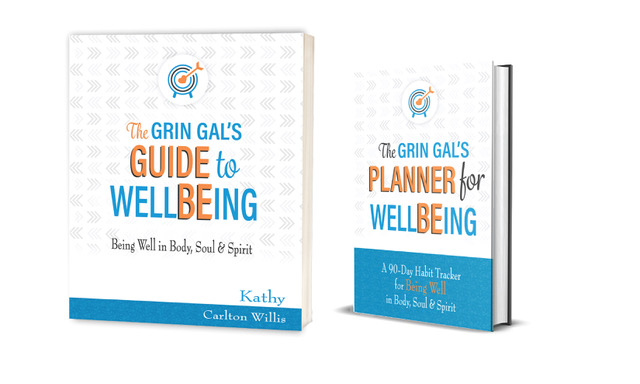 latest books are The Grin Gal’s Guide for Wellbeing: Being Well in Body, Soul & Spirit, and the ancillary product, The Grin Gal’s Planner for Wellbeing. Set yourself up for success by joining one of Kathy’s wellbeing groups, which will start in January. More information at www.kathycarltonwillis.com, or contact her for details at kathy@kathycarltonwillis.com.
latest books are The Grin Gal’s Guide for Wellbeing: Being Well in Body, Soul & Spirit, and the ancillary product, The Grin Gal’s Planner for Wellbeing. Set yourself up for success by joining one of Kathy’s wellbeing groups, which will start in January. More information at www.kathycarltonwillis.com, or contact her for details at kathy@kathycarltonwillis.com.
Article content adapted from The Grin Gal’s Guide for Wellbeing: Being Well in Body, Soul & Spirit ©2021.
Graphic adapted, courtesy of Cara Crobbelaar at Unsplash.
 1 Comment → Posted on
1 Comment → Posted on  Thursday, December 2, 2021 at 10:47AM
Thursday, December 2, 2021 at 10:47AM  Christmas,
Christmas,  Christmas Dinner,
Christmas Dinner,  Christmas Eating,
Christmas Eating,  Christmas Eating Strategy,
Christmas Eating Strategy,  Healthy eating,
Healthy eating,  Holiday Eating,
Holiday Eating,  Holidays,
Holidays,  Kathy Carlton Willis,
Kathy Carlton Willis,  Upgrade with Dawn,
Upgrade with Dawn,  Weight Control,
Weight Control,  Weight Loss,
Weight Loss,  Wellbeing Upgrade Your Life
Wellbeing Upgrade Your Life  Christmas,
Christmas,  Health,
Health,  Holidays
Holidays 




